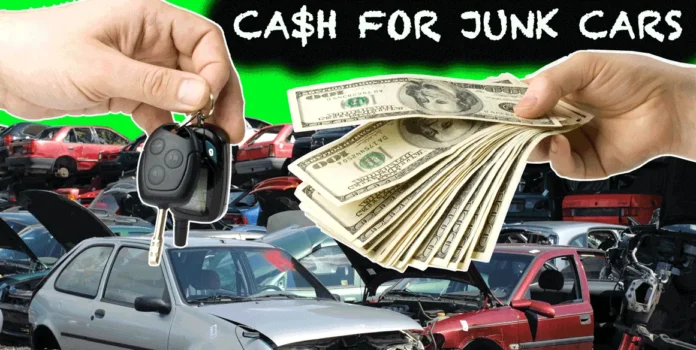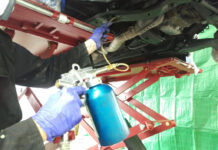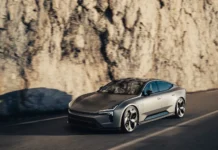In San Diego, owners of old or non-functional vehicles often seek convenient ways to dispose of their cars. While the governmental Bureau of Automotive Repair (BAR) program offers a solution, it isn’t always the most practical or swift option. This article delves into alternative solutions for those seeking a more expedient and flexible method to turn their junk cars into cash.
Understanding the BAR Program
The BAR program in California is designed to reduce environmental pollution by incentivizing owners of older, less eco-friendly vehicles to retire them. Participants receive financial compensation, but the program’s stringent eligibility criteria and longer processing times can be limiting for many. Understanding these constraints is vital, especially for those who need an immediate solution or whose vehicles don’t meet the BAR’s specific requirements. This backdrop sets the stage for considering other more accessible options that better align with individual needs and circumstances.
Alternative Buyback Programs: An Overview
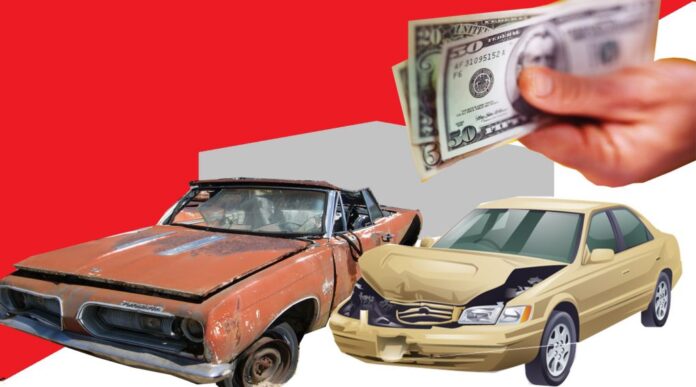
In contrast to the BAR program, alternative buyback programs offer a faster, more straightforward approach to selling junk cars. These programs, typically run by private companies, are designed with efficiency and user-friendliness. They cater to a broader range of vehicles, often without stringent preconditions, and prioritize quick processing and payment. This approach is especially beneficial for car owners who need immediate financial returns or who find the bureaucratic processes of government programs daunting.
Why Consider Alternative Programs?
Alternative buyback options present a viable solution for those who find the BAR program too slow or restrictive. These programs are particularly appealing when immediate financial gain is a priority. They offer a streamlined process to get cash for junk cars in San Diego, without the complex eligibility criteria and lengthy waiting periods associated with government initiatives. This alternative route is not only about convenience but also about accessibility. It opens the door for individuals whose cars might not qualify under the BAR program due to model, condition, or other factors. Furthermore, these alternatives often provide additional services like free towing, which adds to their appeal. The ease of transaction, coupled with competitive pricing, makes these programs an attractive option for many car owners in the region.
Comparing BAR and Alternative Programs
The primary distinction between the governmental BAR program and alternative buyback program lies in their operational approach and objectives. The BAR program, focused on environmental impact, has specific criteria and aims to phase out older, polluting vehicles. In contrast, private buyback programs prioritize customer convenience and speed of service. These differences manifest in eligibility requirements, processing speed, and overall user experience. Understanding these disparities is crucial for car owners to make an informed decision that aligns with their immediate needs and the condition of their vehicles
Exploring Best Practices for Choosing a Program
Deciding between the BAR and alternative programs should be based on a thorough assessment of your situation. Consider factors like the urgency of your financial need, the condition and model of your vehicle, and the comparative benefits of each program. It’s also essential to consider car insurance coverage during this process. Ensuring your vehicle is properly insured is crucial, particularly if you’re still using it on the road. Even if you’re planning to sell an old or non-functional vehicle, maintaining appropriate insurance coverage protects you financially until the car is officially transferred to a new owner or disposed of. For instance, if speed is of the essence, a private buyback program might be more suitable. Alternatively, if your vehicle meets the BAR’s criteria and you’re not in a rush, the governmental program could be a better fit. Evaluating these aspects will help you choose a path that best suits your requirements and ensures a satisfactory outcome.
Legal Considerations and Compliance
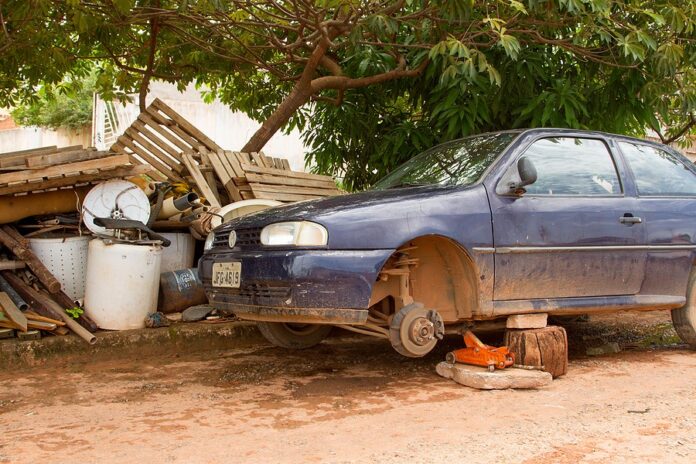
It’s crucial to be aware of the legal aspects of selling a junk car in San Diego. Ensure compliance with all relevant laws and regulations to avoid potential legal issues. This includes proper documentation, transfer of ownership, and adherence to environmental regulations.
The Role of Negotiation in Maximizing Returns
Effective negotiation can play a significant role in maximizing your returns. Be prepared to negotiate with buyers, whether it’s through a BAR program or a private buyback program. Understanding the value of your car and having negotiation strategies in place can lead to a better financial outcome.
The Environmental Impact of Disposing of Junk Cars
Consider the environmental implications of disposing of your junk car. Choosing a method that minimizes environmental harm can be both a responsible and financially beneficial decision. Explore options that recycle or repurpose car parts in an eco-friendly manner.
Market Trends and Demand Analysis
Staying informed about current market trends in the automotive recycling industry is crucial. The demand for certain car models or parts can fluctuate, influencing the offer you might receive for your junk car. Researching recent trends and understanding how they impact the value of your vehicle can guide you in setting realistic expectations and negotiating effectively.
Understanding Tax Implications
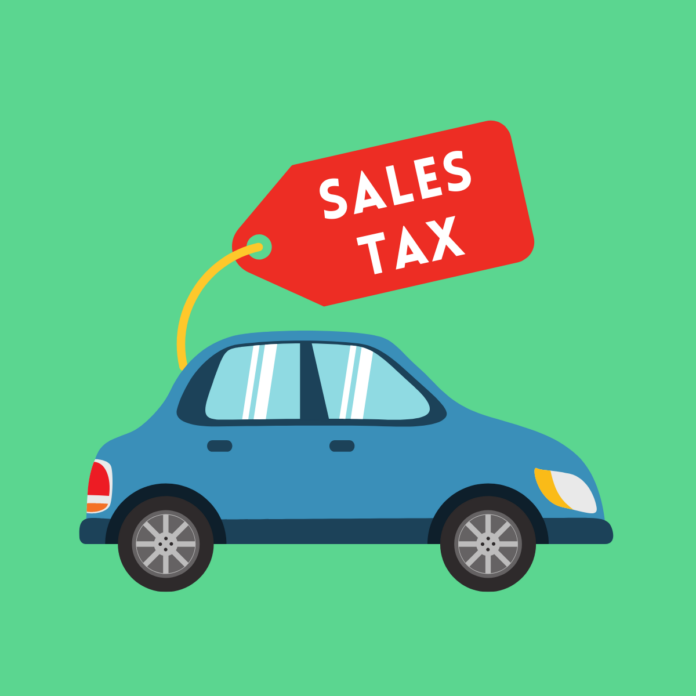
Be aware of any tax implications that may arise from selling your junk car. In some cases, the money received from the sale of a vehicle can be considered taxable income. It’s advisable to consult with a tax professional to understand any potential tax liabilities and ensure compliance with state and federal tax laws.
Maximizing Value through Repairs and Upgrades
Before selling your junk car, consider if minor repairs or upgrades could significantly increase its value. Even simple fixes, such as repairing broken lights or replacing worn tires, can make your vehicle more attractive to buyers and potentially lead to a higher sale price.
Conclusion
In San Diego, car owners looking to sell their junk vehicles have a variety of options. The BAR program caters to those aligned with its environmental goals and criteria, while alternative buyback programs offer a quicker, more flexible solution for others. Careful consideration of specific needs, market trends, legal compliance, negotiation strategies, and environmental impact is key to making the right choice. By understanding these different pathways, you can find the best method to convert your junk car into cash in San Diego, achieving both financial and environmental benefits.
